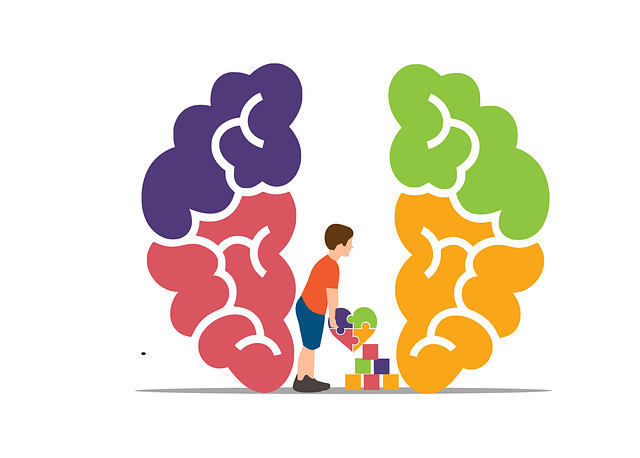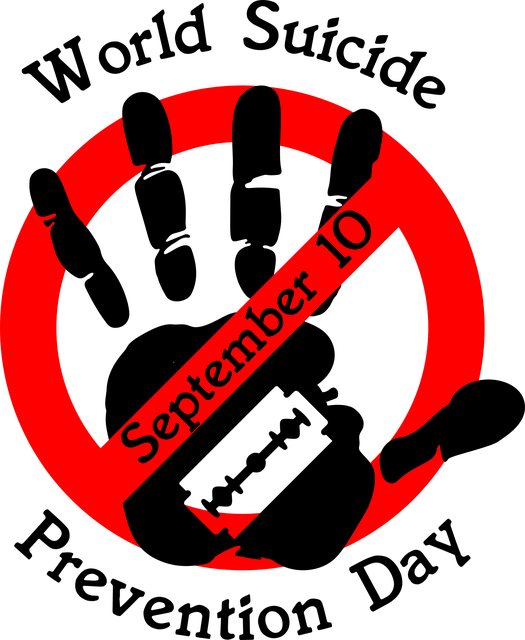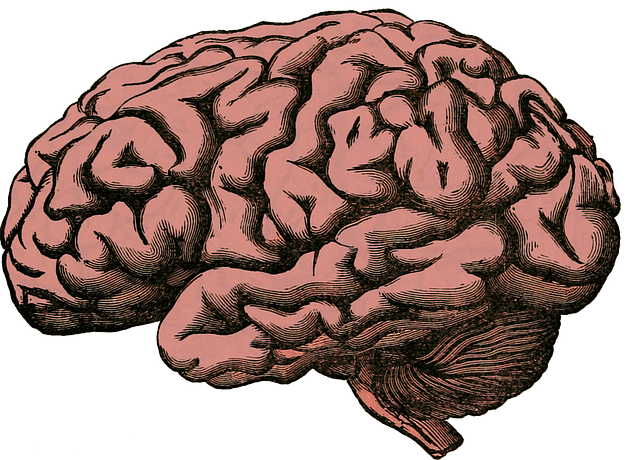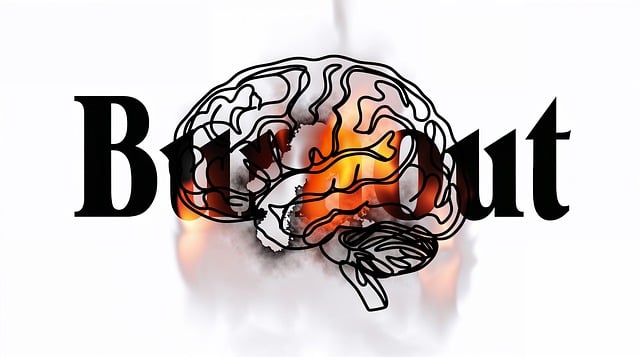Mental health professionals at Northglenn Chronic Pain Therapy face unique risks, including patient safety, practitioner burnout, and ethical considerations. To mitigate these, they employ sophisticated risk management strategies such as advocating for mental health policies, staying informed about research, and promoting local regulatory compliance. Cultural sensitivity is crucial in identifying hidden risks like trauma or language barriers. Prioritizing therapist well-being through coping skill development enhances service quality. Northglenn's multi-faceted approach includes self-care routines, education programs, and crisis management protocols. Continuous evaluation, data analysis, and feedback integration ensure adaptive, evidence-based practices that prioritize both client recovery and practitioner mental wellness.
In the demanding field of Northglenn Chronic Pain Therapy, effective risk management planning is paramount for mental health professionals. This article guides practitioners through a comprehensive approach to mitigating risks, from identifying potential hazards that threaten patient safety and professional well-being to developing robust strategies tailored for Northglenn Chronic Pain Therapy clinics. By exploring implementing protocols for crisis situations and emphasizing continuous evaluation, healthcare providers can ensure optimal care and foster a resilient practice environment.
- Understanding Risks in Mental Health Practice: A Foundation for Northglenn Chronic Pain Therapy
- Identifying Potential Hazards: From Patient Safety to Professional Well-being
- Developing a Comprehensive Risk Management Plan: Strategies for Northglenn Chronic Pain Therapy Clinics
- Implementing Protocols: Navigating Crisis Situations and Ensuring Effective Care in Northglenn
- Continuous Evaluation and Improvement: Staying Agile in Mental Health Risk Management
Understanding Risks in Mental Health Practice: A Foundation for Northglenn Chronic Pain Therapy

Mental health professionals in Northglenn Chronic Pain Therapy face unique challenges that demand a nuanced approach to risk management. Understanding risks is not merely an administrative task but a foundational step for delivering effective therapy. These risks encompass a wide spectrum, from patient safety concerns to practitioner burnout and ethical dilemmas. By thoroughly analyzing the complexities inherent in chronic pain treatment, therapists can develop robust strategies to mitigate potential harm.
A comprehensive mental health policy analysis and advocacy is crucial in identifying and addressing these risks. This involves staying abreast of relevant research, understanding local regulations, and advocating for patient-centered care practices. Additionally, prioritizing burnout prevention through coping skills development among practitioners ensures sustained quality of service delivery. Through proactive risk management, Northglenn Chronic Pain Therapy can foster an environment that supports both the well-being of therapists and the optimal recovery journey of their clients.
Identifying Potential Hazards: From Patient Safety to Professional Well-being

Mental health professionals constantly navigate a landscape of potential hazards, from patient safety to their own well-being. Identifying and mitigating these risks is paramount for effective practice, especially in diverse settings like Northglenn Chronic Pain Therapy centers. Cultural sensitivity in mental healthcare practice plays a crucial role here; understanding the unique backgrounds and experiences of patients can reveal hidden dangers that may otherwise go unnoticed. For instance, traumatic pasts, cultural taboos surrounding mental health, or language barriers could impede access to care and create additional stress.
Professionals must be vigilant in assessing these factors, integrating trauma support services where necessary, and implementing robust stress management techniques. Regular self-care practices, coupled with ongoing training in risk assessment and mitigation, ensure that mental health professionals can provide the best possible care while safeguarding their own resilience.
Developing a Comprehensive Risk Management Plan: Strategies for Northglenn Chronic Pain Therapy Clinics

At Northglenn Chronic Pain Therapy Clinics, developing a comprehensive risk management plan is paramount to ensuring patient safety and well-being. This involves a multi-faceted approach that integrates various strategies tailored to address the unique challenges of chronic pain therapy. One key strategy is implementing robust self-care routine development for better mental health among patients, acknowledging the profound impact of psychological wellbeing on pain perception and overall treatment adherence.
By incorporating mental health education programs designed to foster resilience and coping mechanisms, Northglenn Chronic Pain Therapy Clinics proactively mitigate risks associated with depression prevention. This includes structured workshops and individual counseling sessions that equip patients with evidence-based techniques for stress management, emotional regulation, and healthy lifestyle choices. These initiatives not only enhance patient engagement in their treatment plans but also foster a supportive environment that encourages open communication about mental health concerns, further minimizing potential risks.
Implementing Protocols: Navigating Crisis Situations and Ensuring Effective Care in Northglenn

In Northglenn, mental health professionals face unique challenges when managing clients with chronic pain. Effective risk management planning is crucial to navigate crisis situations and ensure quality care. Implementing robust protocols for handling acute pain episodes or emotional breakdowns can significantly enhance patient outcomes. These protocols should encompass strategies for de-escalation, crisis intervention, and referral systems to specialized services, such as Northglenn Chronic Pain Therapy centers.
Professionals in this field must also prioritize their own mental wellness through coping skills development and regular participation in mental wellness coaching programs. By fostering a culture of self-care within the practice, they can sustain empathy, maintain optimal performance, and ultimately provide more effective support to their clients. This holistic approach integrates risk management planning with continuous professional development, ensuring that Northglenn’s mental health services remain at the forefront of patient care.
Continuous Evaluation and Improvement: Staying Agile in Mental Health Risk Management

In the dynamic field of mental health services, continuous evaluation and improvement are essential for effective risk management planning. At Northglenn Chronic Pain Therapy, we understand that staying agile is crucial to adapting to the evolving needs of clients and navigating complex situations. Regularly reviewing and updating protocols ensures that our practices remain evidence-based and aligned with the latest research and best practices in mental wellness coaching programs development. This ongoing process involves analyzing data, gathering feedback from both clients and staff, and incorporating new insights into our risk management strategies.
By fostering a culture of continuous improvement, we enhance our ability to deliver personalized care. Mental wellness journaling exercise guidance and communication strategies play a vital role in this journey. We encourage professionals to reflect on their practices through structured journaling, allowing them to identify areas for growth and refine their approaches. Moreover, open and transparent communication fosters an environment where concerns can be raised and addressed promptly, ensuring the well-being of both clients and practitioners.
In conclusion, effective risk management planning is paramount for mental health professionals, especially in specialized clinics like Northglenn Chronic Pain Therapy. By understanding risks, identifying potential hazards, and implementing comprehensive strategies, therapists can ensure patient safety while promoting their own well-being. Continuous evaluation of protocols is key to staying agile and providing the best possible care in crisis situations, fostering a resilient and thriving practice environment in Northglenn and beyond.














